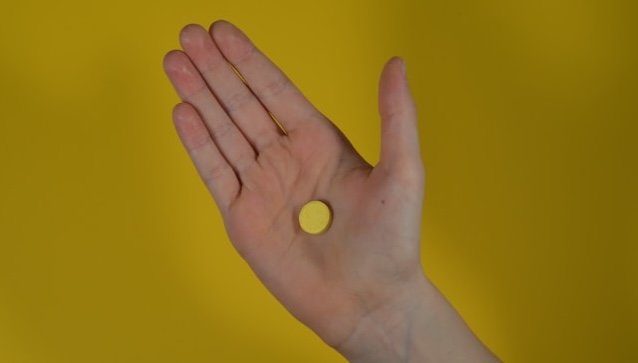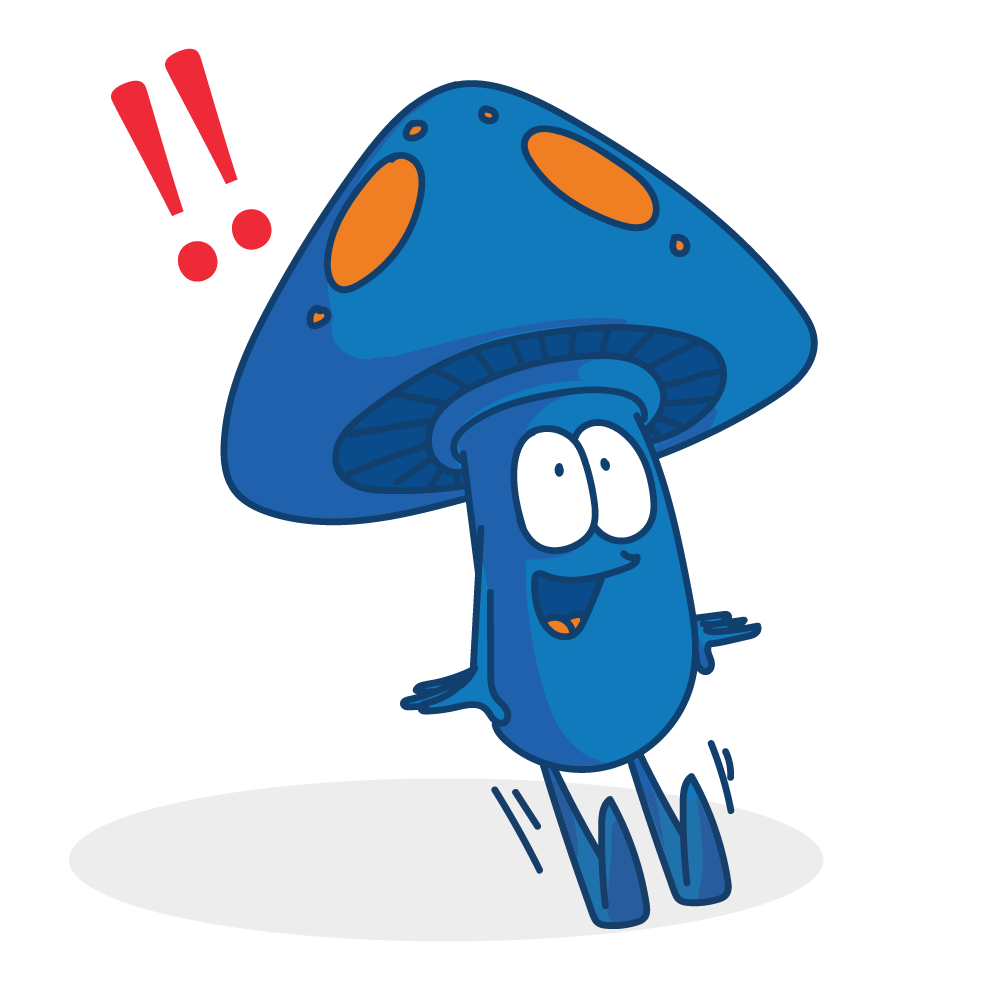A new study, published in Scientific Reports, has provided the most in-depth analysis to date of how classic psychedelics (such as psilocybin from magic mushrooms, and LSD) and the drug MDMA (often known as ecstasy or E) affect cognitive functions during and after use.
The researchers found that these substances have very distinct impacts on the brain. While psychedelics impair attention and executive function, MDMA primarily disrupts memory. Excitingly, the study also found evidence to suggest that psychedelics may boost creativity and executive function after the drug’s immediate effects had worn off. This effect was not observed with MDMA.
Understanding The Differences Between Psychedelics and MDMA
With the use of psychedelics and MDMA increasing (for both therapeutic and recreational reasons) there is a growing incentive to further understand their cognitive effects, especially when it comes to establishing guidelines and expectations within a therapeutic setting.
Even from a layman’s perspective the effects of classic psychedelics and MDMA are pretty different. MDMA is famed for the way it induces feelings of euphoria, empathy, emotional intimacy, and even love. Classic psychedelics, on the other hand, cause profound perception and cognition changes, known as a ‘trip’.

Despite our familiarity with the effects of these popular drugs, the actual mechanisms behind how they affected cognitive functions such as memory, attention, and executive function (this includes skills like planning ahead and problem solving) were not well understood, and neither were the differences between the two.
Finding Patterns in the Data
To address this void, the researchers carried out a meta-analysis. A meta-analysis is a statistical method which combines the results from multiple already existing studies to identify patterns and draw more solid conclusions. This particular study was pioneering in that it was the first of its kind to compare the cognitive effects of MDMA and psychedelics in such close detail.
Study author Lukas A Basedow said;
“The acute cognitive effects of psychedelics are important to investigate to strengthen harm reduction and prevention efforts. Additionally, specific cognitive effects may be important for the therapeutic use of psychedelics such as the memory effects of MDMA,”
After scouring research databases for studies that focused on the cognitive effects of psychedelics and MDMA, they found 122 appropriate studies for their qualitative review, of which, 31 were used for quantitative analysis.

Three Key Cognitive Areas
The analysis centered on three key cognitive areas: cognitive function, memory, and attention. Executive function refers to higher-level cognitive processes such as problem solving and planning, memory is the ability to store and remember information, while attention involves the ability to focus and maintain concentration. The studies were then categorized based on when the cognitive assessments were administered — either during the acute effects of the drug (i.e. when they were ‘high’), or during the subacute phrase (within 24 hours after the effects of the drug had worn off).
The study identified distinct differences in how psychedelics and MDMA affect cognitive functions. During the acute, or ‘trip’ phase, psychedelics were found to impair executive function and attention. This means that people who are under the influence of psychedelics may struggle with tasks that require complex decision making or sustained focus. Despite this, memory was less affected by psychedelics, with some studies reporting no impact (though it was present in others).
Psychedelics Improve Some Cognitive Functions After the Fact
Most intriguingly, the researchers observed that once the acute effect of the psychedelic had worked off (typically after 24 hours) some cognitive functions appeared to improve. In particular, they found that executive function and creativity may well be enhanced during this subacute (post-trip) phase, often affectionately named the ‘afterglow’ period. This finding suggests that psychedelics may have a special ability to actually boost certain cognitive functions after their immediate effects have ended.

MDMA Has No ‘Afterglow’ (not a surprise for anyone who has ever experienced an ecstacy comedown)
By comparison, MDMA primarily impaired memory during the acute phase, but did not have a notable effect on executive function and attention. This implies that users of MDMA could have difficulty remembering new information or recalling details while they are on the drug. Interestingly, the study found no evidence of an afterglow effect with MDMA once the drug’s effects had dissipated, and cognitive functions returned to the individual’s previously ‘normal’ levels without any noticeable improvement.
These findings present the significantly different cognitive profiles of classic psychedelics and MDMA. Psilocybin, LSD, et al, appear to temporarily disrupt attention, focus, and executive function, but may actually enhance these abilities once the acute effects of the drug have worn off.
The Study Found Experiences Can Be Unpredictable
Notably however, the researchers observed a significant degree of variability in the findings throughout the studies used in the meta-analysis.
Basedow told Psypost;
“The most surprising finding was the heterogeneity of the results… While we detected patterns of impairments, studies also frequently showed no impairment due to psychedelics, indicating that some people are able to retain their cognitive abilities under psychedelic influence.”
This heterogeneity (difference) between results highlights the complexity of how these substances alter cognition. The effects of both psychedelics and MDMA do not follow a simple, predictable pattern, and can vary greatly depending on factors such as the environment and contexts in which the substances are used, the individual differences among users, and the particular methodologies used in the studies. It is this complexity that makes drawing definitive conclusions about the cognitive impacts of these drugs a challenge.

How These Findings Can Inform Both Therapeutic and Recreation Use
These findings have important implications for both therapeutic and recreational use of the substances. For example, the noted afterglow effects of psychedelics could be specifically utilized to increase the effectiveness of therapy sessions done after the psychedelic experience — basically taking advantage of a window during which the therapeutic process could be most effective.

In terms of recreational purposes, giving users a greater understanding of the cognitive effects of these drugs can help to inform safer usage. This could include avoiding tasks that call for attention or decision making while on psychedelics, as these functions may be temporarily impaired. However, it may be that decision making the next day is enhanced…
“The most important caveat is the heterogeneity mentioned above,” study author Basedow explained. “Not only did the results differ between studies, the applied methods were also highly different. We tried to summarize effects across different tests, but future studies should focus on using the most common neuropsychological tests. In future studies, it would be great to compare different psychedelics (e.g. LSD and psilocybin) as well as MDMA directly on the same tests and under the same conditions to properly distinguish the effects of different substances.”





